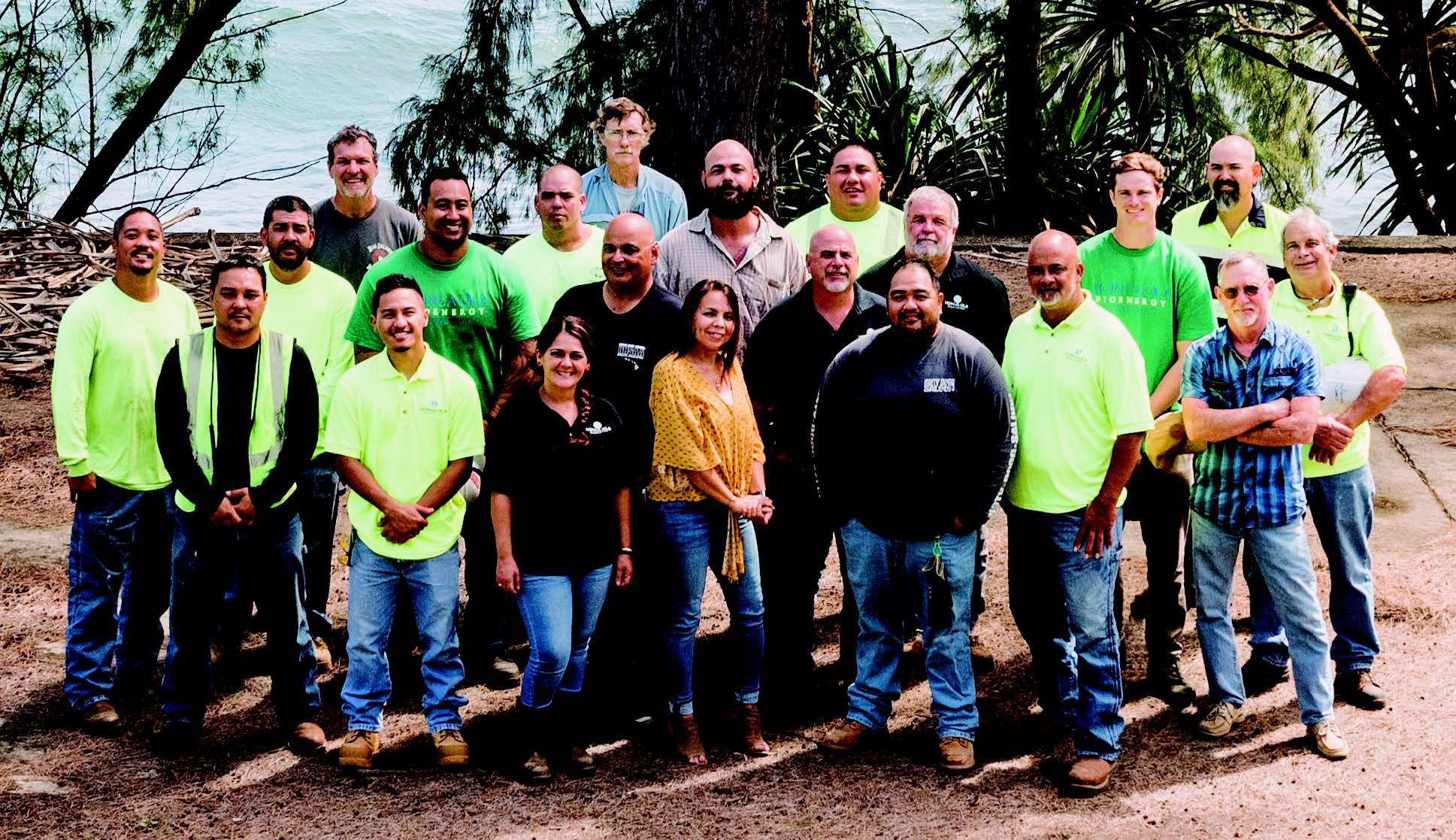Fred B
Senior Member
- Location
- Upstate, NY
- Occupation
- Electrician
No collapse, everyone will have a flying Delorean making 1.21 gigawatts with it's internal fusion generator.Assume a standby generator!
Once nearly EVERBODY has an electric car in the FUTURE expect the grid to collapse quite often - unless fusion power becomes a reality.
Seriously though currently no truly clean energy available nuclear has disposal and accident implications, of course fossil fuels have been a hotbed of issues. Even Solar has issue with toxic components both in production and disposal:

Environmental Impact of Solar Panel Manufacturing
The clean energy production potential of solar panels is undeniable and plays an important role in Hawaii’s renewable energy future.
honuaolabioenergy.com

